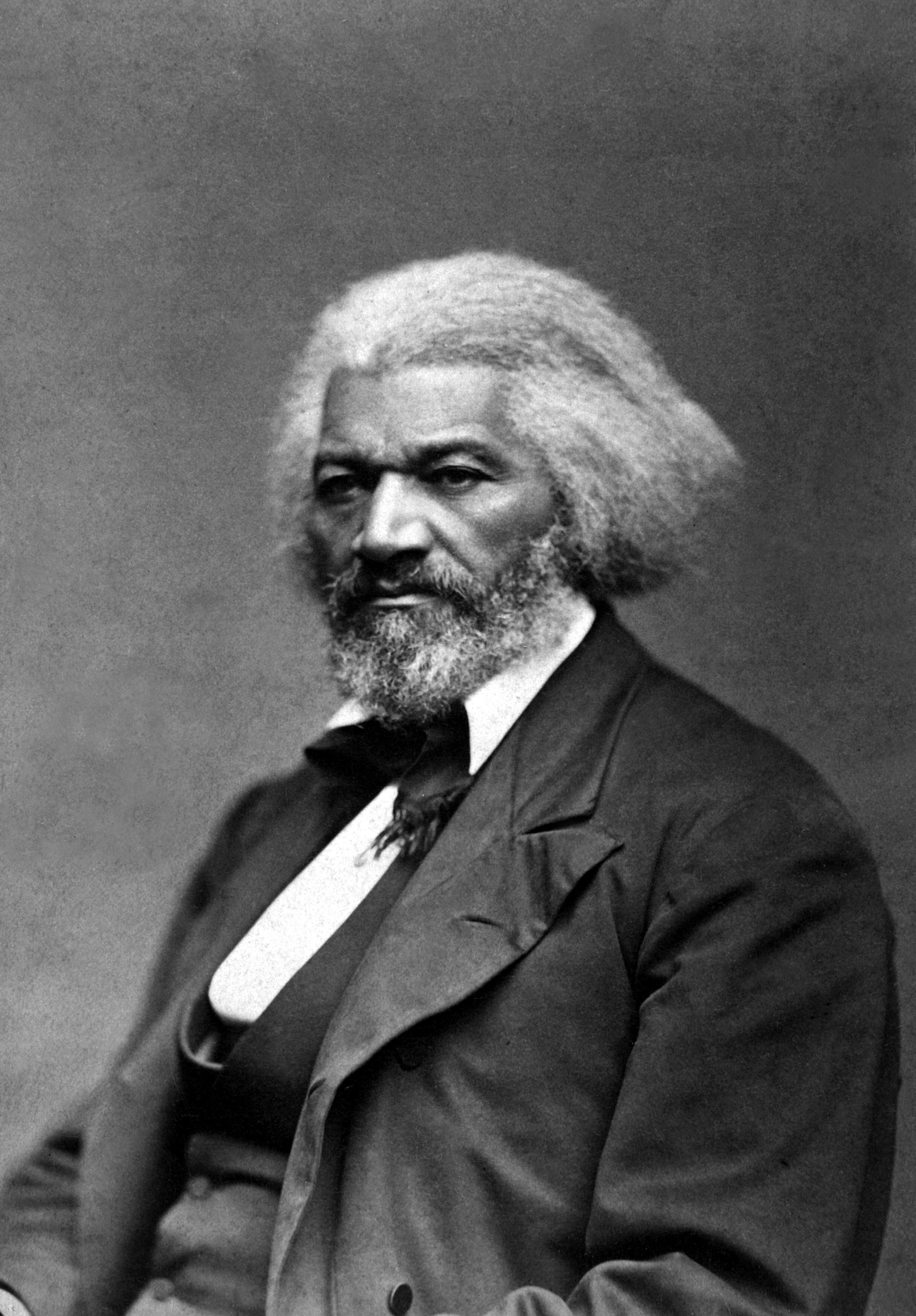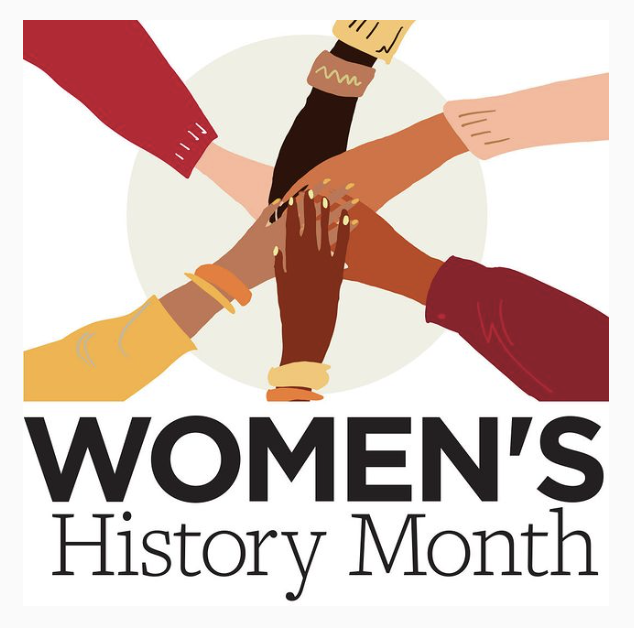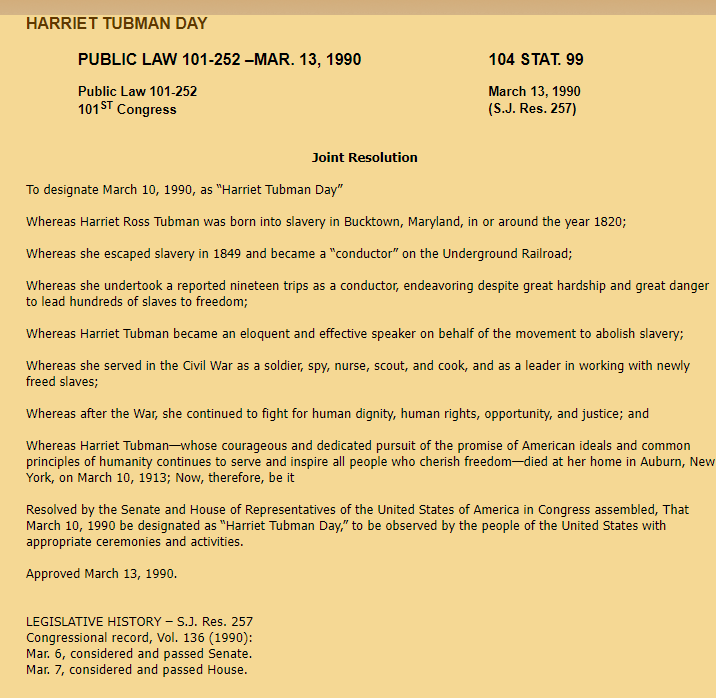FEB-MAR | JEDI NEWS (Justice, Equity, Diversity, and Inclusion)
CLICK HERE to RSVP for the Black History Social Justice Brunch Feb. 28!
National Freedom Day
National Freedom Day is celebrated annually on February 1. It was established in 1948 to commemorate the signing of the 13th Amendment to the U.S. Constitution by President Abraham Lincoln on February 1, 1865. This amendment outlawed slavery and serves as a reminder of the fundamental principles of freedom, liberty, and human rights that are the foundation of the United States. Major Richard Robert Wright Sr., a former slave, is credited with advocating for the establishment of National Freedom Day. This day should not only celebrate freedom but also serve as an opportunity for reflection on the progress made in achieving civil rights and to reaffirm the commitment to eliminating all forms of oppression and discrimination. More here. (Laina Reavis)
World Cancer Day
On February 4th we acknowledge World Cancer Day. A day started in Paris in 2000 as an initiative of the Union for International Cancer Control (UICC). It is the largest and oldest international cancer organization dedicated to taking the lead in coming together, building and advocacy initiatives that unite the cancer community to reduce the global cancer burden, promote greater equity, and integrate cancer control into the world health and development agenda. More here. (Catherine Reis)
International Day of Women and Girls in Science
February 11th is International Day of Women and Girls in Science. Established by the United Nations, this day is dedicated to promoting gender equality in STEM fields and encouraging more women and girls to pursue careers in science and technology. It aims to break down barriers and stereotypes that have historically limited opportunities for women and girls to enter these fields. The date of February 11th was chosen to honor the birthday of Marie Curie, a physicist and chemist who made groundbreaking contributions to the fields of radioactivity and nuclear physics, and who remains an inspirational figure for women and girls in science.
The primary objectives of International Day of Women and Girls in Science include promoting gender equality, highlighting achievements of female scientists, inspiring young girls and students to pursue education and careers in STEM fields, challenging stereotypes and biases, and advocating for inclusion of women in decision-making processes and leadership roles within the scientific community. (Lauren Meehan)
Frederick Douglass’ Birthday
Frederick Douglass was a formerly enslaved man who became a prominent activist, author and public speaker. He became a leader in the abolitionist movement, which sought to end the practice of slavery, before and during the Civil War. After that conflict and the Emancipation Proclamation of 1862, he continued to push for equality and human rights until his death in 1895.
Douglass’ 1845 autobiography, Narrative of the Life of Frederick Douglass, an American Slave, described his time as an enslaved worker in Maryland. It was one of five autobiographies he penned, along with dozens of noteworthy speeches, despite receiving minimal formal education.
An advocate for women’s rights, and specifically the right of women to vote, Douglass’ legacy as an author and leader lives on. His work served as an inspiration to the civil rights movement of the 1960s and beyond. (Christine McKenna)
International Mother Language Day
International Mother Language Day is celebrated on February 21st. The day's goal is to promote multilingualism and linguistic diversity, celebrate native languages, and raise awareness about preserving them and passing them on to children.
The day originated as a Bangla language movement in East Pakistan, now the independent country of Bangladesh, on February 21, 1952. On that day, students and activists in East Pakistan protested the Pakistani government's decision to make Urdu the country's only official language.
International Mother Language Day has been an annual observance throughout the world since 2000. It was first announced by UNESCO (United Nations Educational, Scientific and Cultural Organization) on November 17, 1999. Later in 2002, the United Nations General Assembly formally recognized it with the adoption of the U.N. resolution 56/262. More here. (Laina Reavis)
Women’s History Month
Since 1995, presidents have issued a series of annual proclamations designating the month of March as “Women’s History Month.” These proclamations celebrate the contributions women have made to the United States and recognize the specific achievements women have made over the course of American history in a variety of fields. More here. (Christine McKenna)
St. Patrick’s Day
On March 17th we recognize St. Patrick's Day. This day is known as a Roman Catholic feast day of the patron saint of Ireland. In the Eighteenth century, Irish soldiers who fought in the Revolutionary War held the very first St. Patrick Day parade. This celebration evolved into a way for Irish people to connect with their roots after they moved to America. However, you don’t have to be Irish to celebrate St. Patrick's Day! All are invited to spend the day learning about Irish culture, wearing green and having some Irish fun. More here.
International Women’s Day
International Women's Day (IWD) is a global holiday celebrated annually on March 8th as a focal point in the women's rights movement. IWD gives focus to issues such as gender equality, reproductive rights, and violence and abuse against women. Spurred on by the universal female suffrage movement, IWD originated from labor movements in North America and Europe during the early 20th century.
With well over a century of history and change, the first International Women's Day (IWD) was held in March 1911. IWD isn't country, group or organization specific. It's a day of collective global activism and celebration that belongs to all those committed to forging women's equality. World-renowned feminist, journalist and activist, Gloria Steinem, reportedly once explained: "The story of women's struggle for equality belongs to no single feminist nor to any one organization but to the collective efforts of all who care about human rights."
By the twenty-first century, IWD has been criticized as heavily diluted and commercialized, particularly in the West, where it is sponsored by major corporations and used to promote general and vague notions of equality, rather than radical social reforms. The website internationalwomensday.com was established in 2001; it sets out a yearly theme and hashtags, unconnected with the UN project. This year’s theme is "Inspire Inclusion".
When we inspire others to understand and value women's inclusion, we forge a better world, and when women themselves are inspired to be included, there's a sense of belonging, relevance and empowerment. More here. (Wendy LeBlanc)
International Day of Elimination of Racial Discrimination
The Universal Declaration of Human Rights asserts that racial discrimination is antithetical to human rights and freedoms, yet racism and racial discrimination persist around the world. The United Nations recognizes International Day of Elimination of Racial Discrimination every year on March 21st. March 21st marks the anniversary of when 69 peaceful anti-apartheid protestors were shot and killed by police in South Africa in 1960. Although the formal apartheid system no longer exists in South Africa, there is much progress to be made in South Africa and in the United States. At Harbor Care, we commit to learning, speaking up, and acting against all forms of racial discrimination. Learn more here. (Erin)



